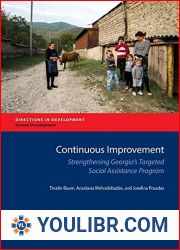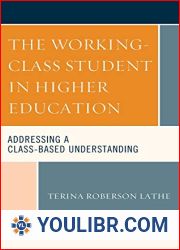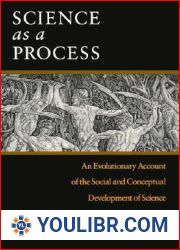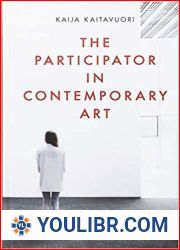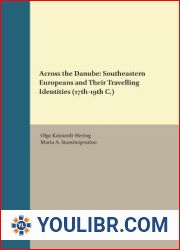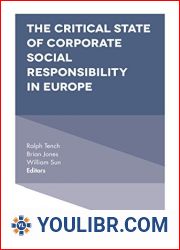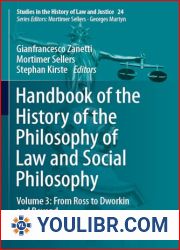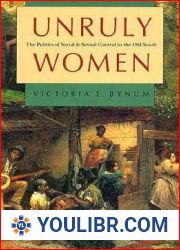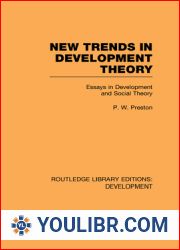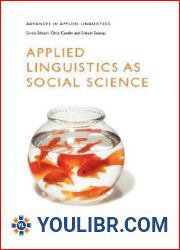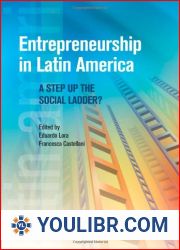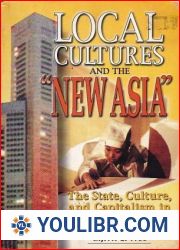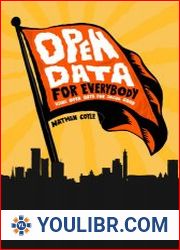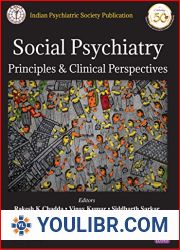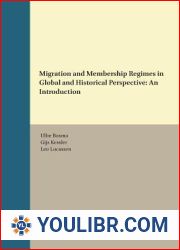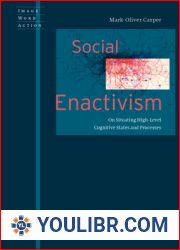
BOOKS - Gentry: Social Change in Java: the Tale of a Family

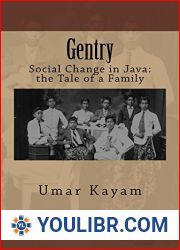
US $5.89

403477

403477
Gentry: Social Change in Java: the Tale of a Family
Author: Umar Kayam
Year: January 1, 1992
Format: PDF
File size: PDF 1.9 MB
Language: English
Year: January 1, 1992
Format: PDF
File size: PDF 1.9 MB
Language: English
From their origin 'in paddy mud' during the final decades of the Dutch East Indies, to unimagined roles within the new structures of a modernising Indonesia, 'Gentry' is the saga of an extended Javanese family heroically pursuing its dream of betterment through a social leap. There was in that era, at the start of this story, a unique route by which an exceptionally determined peasant might attain the status of a 'priyayi' - functionary gentry with a government salary, bureaucratic aristocrats with duties divorced from manual labour, bearers of noble principles of responsibility, figures infinitely esteemed by the illiterate masses below them. That road was education. In 1920s Java, as little as five years of primary schooling - when obtainable - could make the difference. Sastrodarsono's epic begins in the dearth and misery fixed in the race-memory of his forebears, and too in an awareness of where history is tending. The good will of a local priyayi administrator gains for the young man sufficient schooling to qualify him for a position as a humble village-teacher. He has 'mastered the sciences', in the view of the astonished countryside from which he derives. Out of him will spring and extend a clan of such gentry: his children, who will now be born priyayi, shall go on to greater conquests, higher levels of education and prestige, to further consolidate their gentility. And as they do go forward - and Umar Kayam movingly and with wry humour describes the parade of those generations, progressing in joy and in sorrow to further their founder's grand ideal - the immemorial stability of the Indies is unpredictably riven by war, invasion, a liberation struggle, rebellion and coup, and by the stresses consequent on an awakening country confronting modernity. Ultimately, 'Darsono's striving addresses to the reader and to all social humanity an inevitable question: have we any choice but to battle and endeavour? Kayam answers it as well as anyone can: One must go on, whatever the difficulties surrounding life; go on and take as many others as possible forward with oneself, in the spirit of duty to family, to nation, and to the human race. The simple ambitions of a Javanese peasant are in this book transformed into a philosophical quest of universal relevance.








